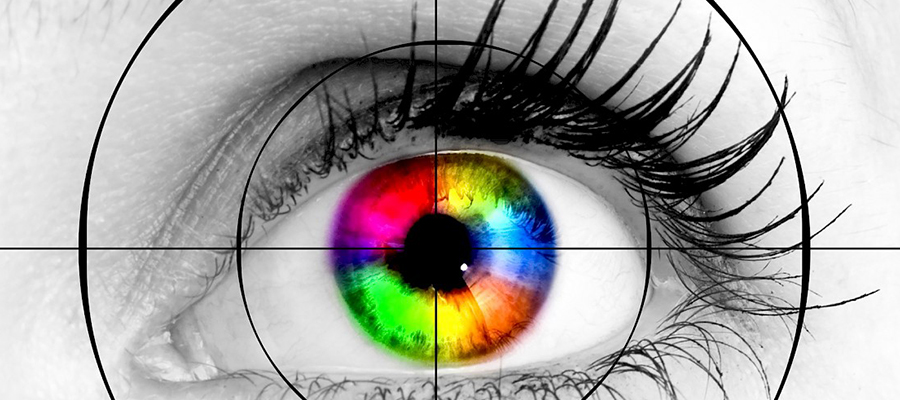
Estimated reading time: 3 minutes and 41 seconds
Colour Blindness Tests and Treatment
Comprehensive Colour Blindness Tests and Treatment at Aktif International Hospitals
Colour blindness, also known as color vision deficiency, is a condition characterized by the inability to distinguish certain colors or perceive colors accurately. At Aktif International Hospitals, we offer comprehensive colour blindness tests and treatment options to assess and manage this condition effectively. Our team of experienced ophthalmologists and vision specialists utilize advanced diagnostic techniques and personalized treatment plans to improve colour perception and enhance quality of life for individuals with colour vision deficiency.
Frequently Asked Questions
What is colour blindness, and how is it diagnosed?
Colour blindness is a visual impairment that affects an individual’s ability to perceive certain colors or distinguish between them accurately. The most common type of colour blindness is red-green colour blindness, followed by blue-yellow colour blindness and total colour blindness (achromatopsia). Colour blindness is typically diagnosed through a comprehensive eye examination, which may include:
- Vision screening tests: Ishihara colour plates, Farnsworth-Munsell 100 hue test, or anomaloscope tests are commonly used to assess colour vision and identify colour deficiencies.
- Medical history review: A detailed medical history, including family history of colour blindness, previous eye conditions, or medication use, may provide valuable insights into the cause and severity of colour vision deficiency.
- Retinal examination: A dilated eye examination may be performed to evaluate the health of the retina and optic nerve and rule out other eye conditions that may affect colour vision.
Who is a good candidate for colour blindness tests?
Good candidates for colour blindness tests may include individuals who:
- Experience difficulty distinguishing between certain colors or perceive colors differently than others.
- Have a family history of colour blindness or are at risk for inherited forms of colour vision deficiency.
- Require colour vision testing for occupational or educational purposes, such as pilots, electricians, or graphic designers.
- Experience symptoms such as color confusion, difficulty reading color-coded information, or challenges with daily tasks requiring color discrimination.
A comprehensive eye examination by an ophthalmologist or optometrist will determine if colour blindness testing is necessary based on the individual’s symptoms and visual function.
What treatment options are available for colour blindness?
While there is currently no cure for colour blindness, several treatment options may help individuals manage the condition and improve colour perception, including:
- Colour correction lenses: Tinted lenses or glasses with special filters may enhance contrast and improve color discrimination for individuals with certain types of colour vision deficiency.
- Vision therapy: Vision training exercises or visual aids, such as color vision correction apps or computer software, may help individuals with colour blindness learn to interpret and differentiate between colors more effectively.
- Occupational accommodations: Individuals with colour vision deficiency may benefit from workplace accommodations, such as using alternative color-coding systems, providing color-blind-friendly materials, or using assistive technology to facilitate tasks requiring color discrimination.
- Genetic counseling: For individuals with inherited forms of colour blindness, genetic counseling may provide valuable information about the condition’s inheritance pattern, risk of transmission to future generations, and available reproductive options.
What are the benefits of colour blindness tests and treatment?
The benefits of colour blindness tests and treatment may include:
- Early detection and diagnosis of colour vision deficiency, allowing for timely intervention and management strategies.
- Improved color perception and discrimination, enhancing daily activities, educational performance, and occupational success.
- Enhanced quality of life and self-confidence for individuals with colour blindness, enabling them to navigate the world more effectively and participate in various activities with greater ease.
Trust Aktif International Hospitals for Expert Colour Blindness Tests and Treatment
At Aktif International Hospitals, we understand the impact of colour blindness on individuals’ daily lives and offer comprehensive testing and treatment options to address this condition effectively. Our team of experienced ophthalmologists and vision specialists is dedicated to providing personalized care, advanced diagnostic techniques, and supportive services to help individuals with colour vision deficiency achieve optimal visual function and quality of life. Schedule a consultation with us today and take the first step toward better colour vision with Aktif International Hospitals.
Author: Necdet Kaleli


 TR
TR